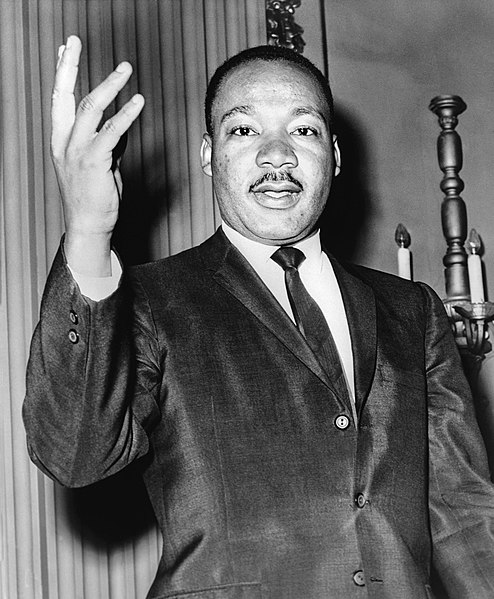 As a US citizen I enjoy remarkable
privilege. The
Bill of Rights is all absolutely stellar, and one of my favorite
bits is the promise that my government will, at no level and under no
circumstances make laws prohibiting or enforcing religious practices.
This is an especially precious amendment for me as a protestant and
a Lutheran. At one time in Europe a person could be banished,
censored, or even executed if they contradicted their government's
religion. A
lot of people were killed, and it delights me that my government
has promised not to do this.
As a US citizen I enjoy remarkable
privilege. The
Bill of Rights is all absolutely stellar, and one of my favorite
bits is the promise that my government will, at no level and under no
circumstances make laws prohibiting or enforcing religious practices.
This is an especially precious amendment for me as a protestant and
a Lutheran. At one time in Europe a person could be banished,
censored, or even executed if they contradicted their government's
religion. A
lot of people were killed, and it delights me that my government
has promised not to do this.
This protection, however, comes at a
cost. By baring our government from enforcing or prohibiting any
religion, it may not enforce my religion either. In
exchange for our freedom from government persecution we surrender
all opportunities to spread Christianity through legislation, which
is fine with me. I don't think Christianity spreads very well
through legislation anyway. The law of God couldn't make men holy
(Romans 3:20), so it
stands to reason that US law would have hard time of it as well.
I love my religious freedom but it is
important, for me and all Christians, to remember that our religious
freedom is nice, but will not always be guaranteed. It is a right we're
entitled to by the current constitution of our particular country.
It is not something God has promised us. Jesus promised we'd endure
hardship because of him (John
15:18-21).
I read Acts
7 today, in which Stephen was put on trial and stoned to death
for being a Christian. What amazed me was that at no point did
Stephen protest his treatment. He blithely accepted his impending
murder and the violation of what we now consider to be natural human
rights. It was as though he expected the whole thing and was not
only unsurprised but amiable, even asking God to forgive his
oppressors as Jesus did before him (Luke
23:34).
How do we apply a chapter like this?
I've heard that a rather lot of Christians are miffed that their rights are not being protected aggressively enough (Fox
News). I've heard Christians complain about not being accepted
in the mainstream, the scientific community, or in education. These complaints would be hilarious when juxtaposed with Jesus promise of persecution if the foul attitudes that
produce them were not so harmful. Christians have ample instruction
on how to handle persecution and oppression (Matthew
5:39), but in a nation where Christians seem more likely
to harass than to experience harassment, I'm dumbfounded that we appear so unsatisfied with our luxurious rights, our enormous
majority, and abundant ministerial resources. The Christian church
in the world does experience real persecution, but here in the US
many of my brothers and sisters don't know enough unbelievers to make
persecution plausible.
Challenge:
Stephen, and countless others lay their
lives down (Hebrews
11:37-38), loved their murderers, forgave them, and asked God
to do the same. They turned the other cheek, and trusted in God
instead of retaliating (Romans
12:19). You probably won't be asked to die heroically, but
you can live heroically if you live with the unconditional love of Christ. When you are slighted, insulted, or treated
rudely because of your faith, it is then that you have the
opportunity to love your enemy and pray for them that persecute
you (Matthew 5:44). Do
so. Remember how much and how freely you have been forgiven (Luke
7:47), so that you may love as you have been loved (1
John 4:19). God speed.
